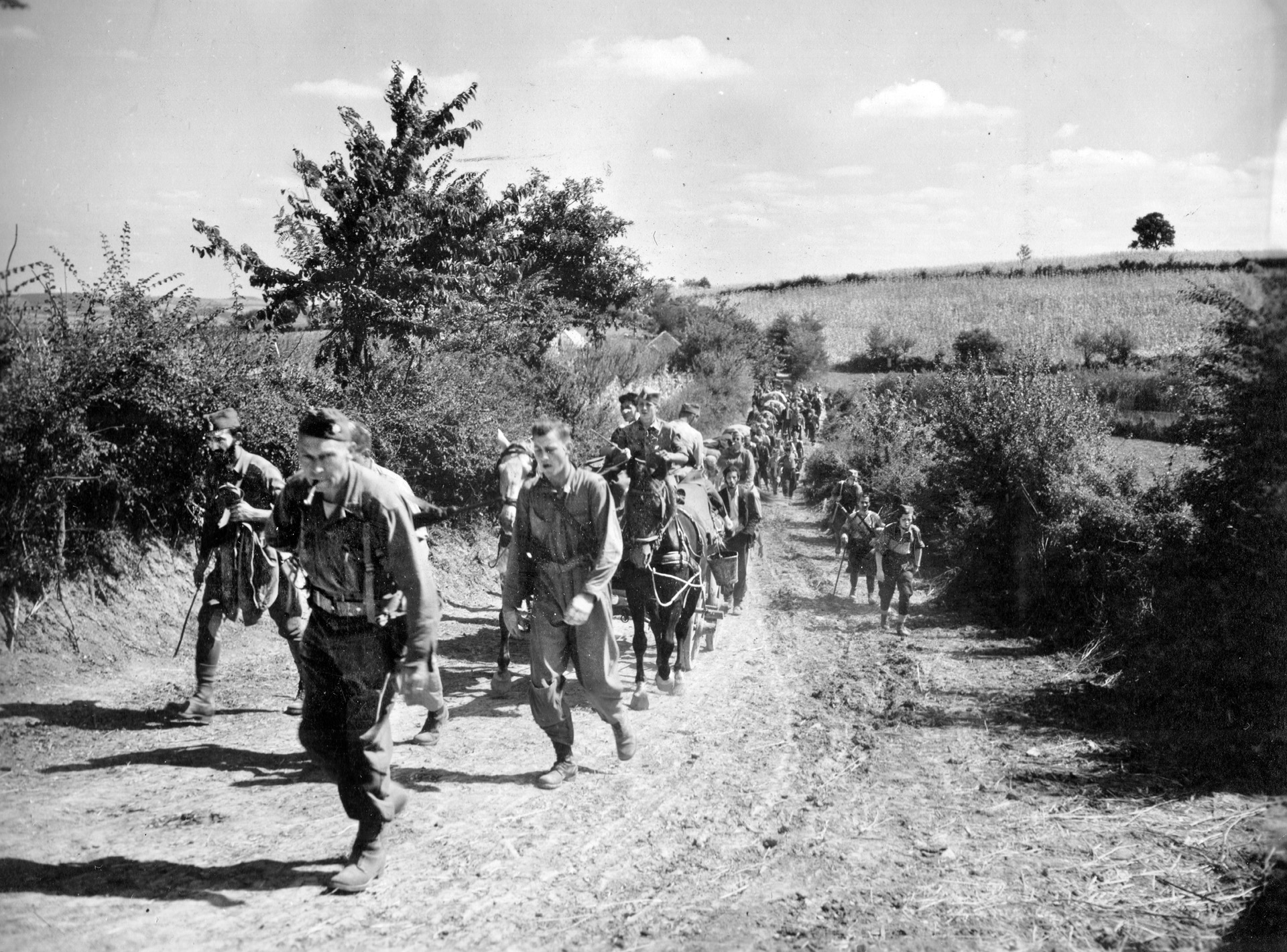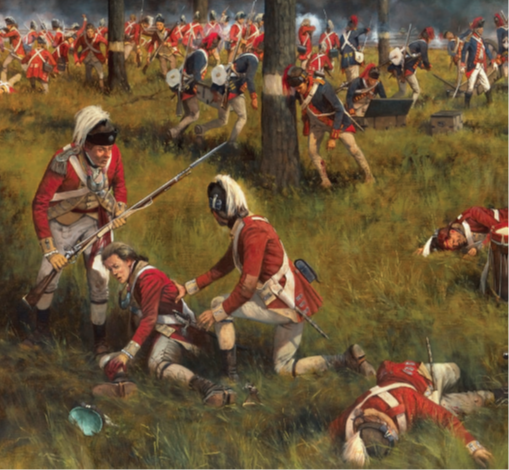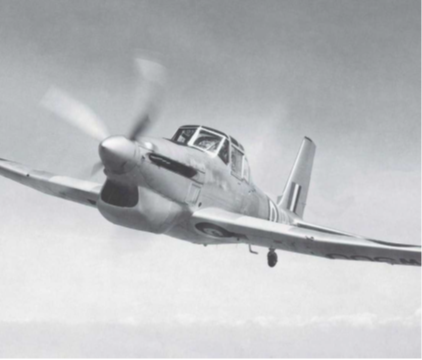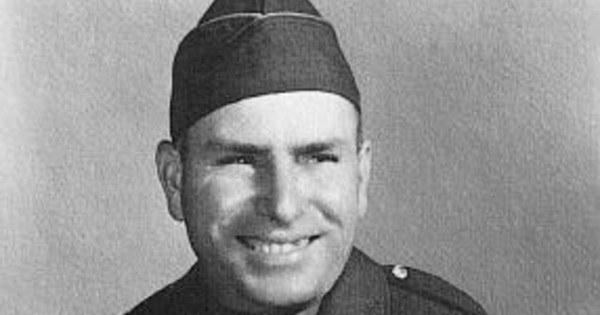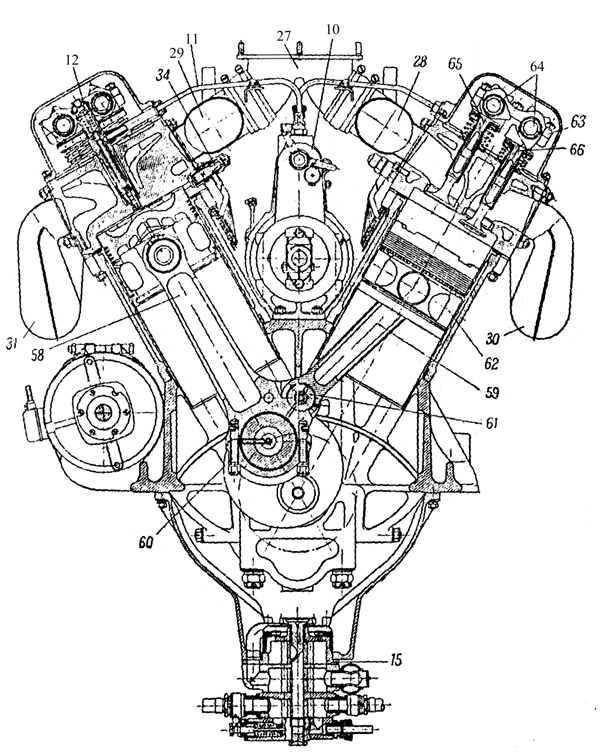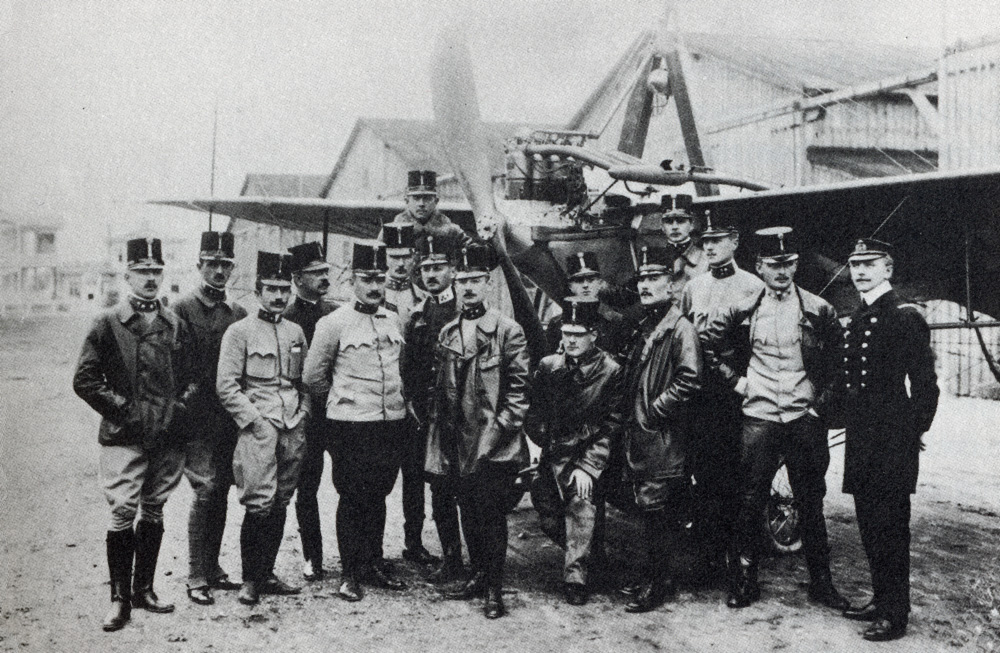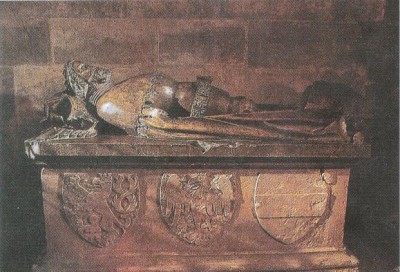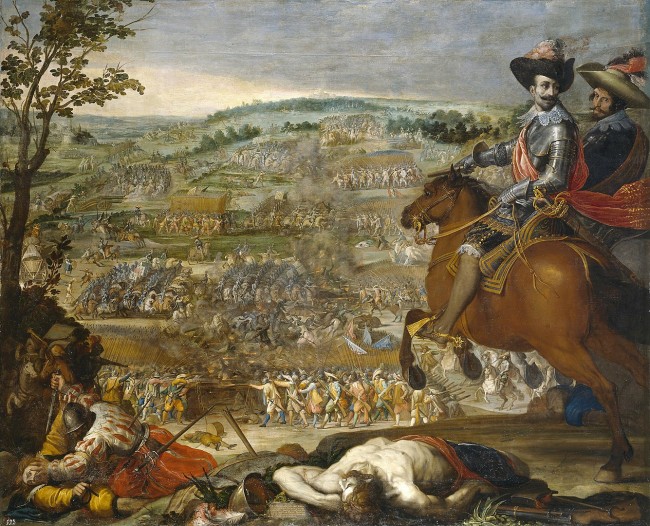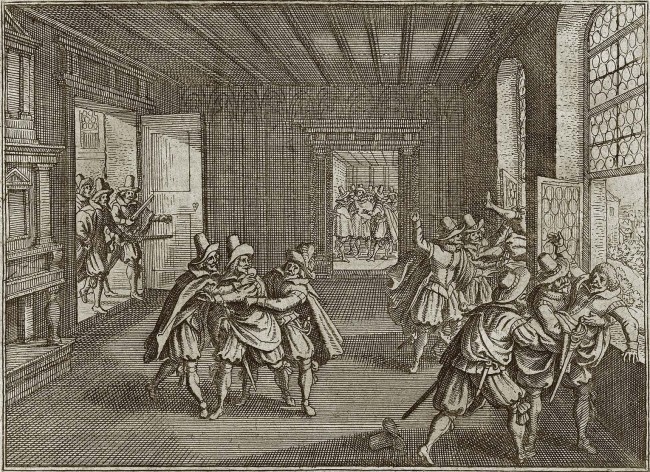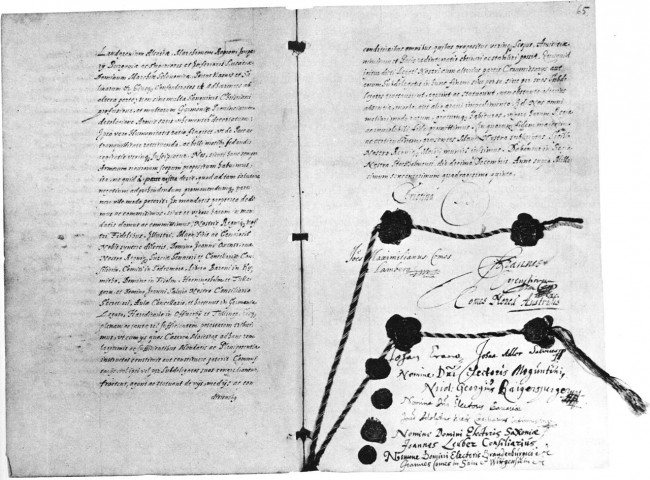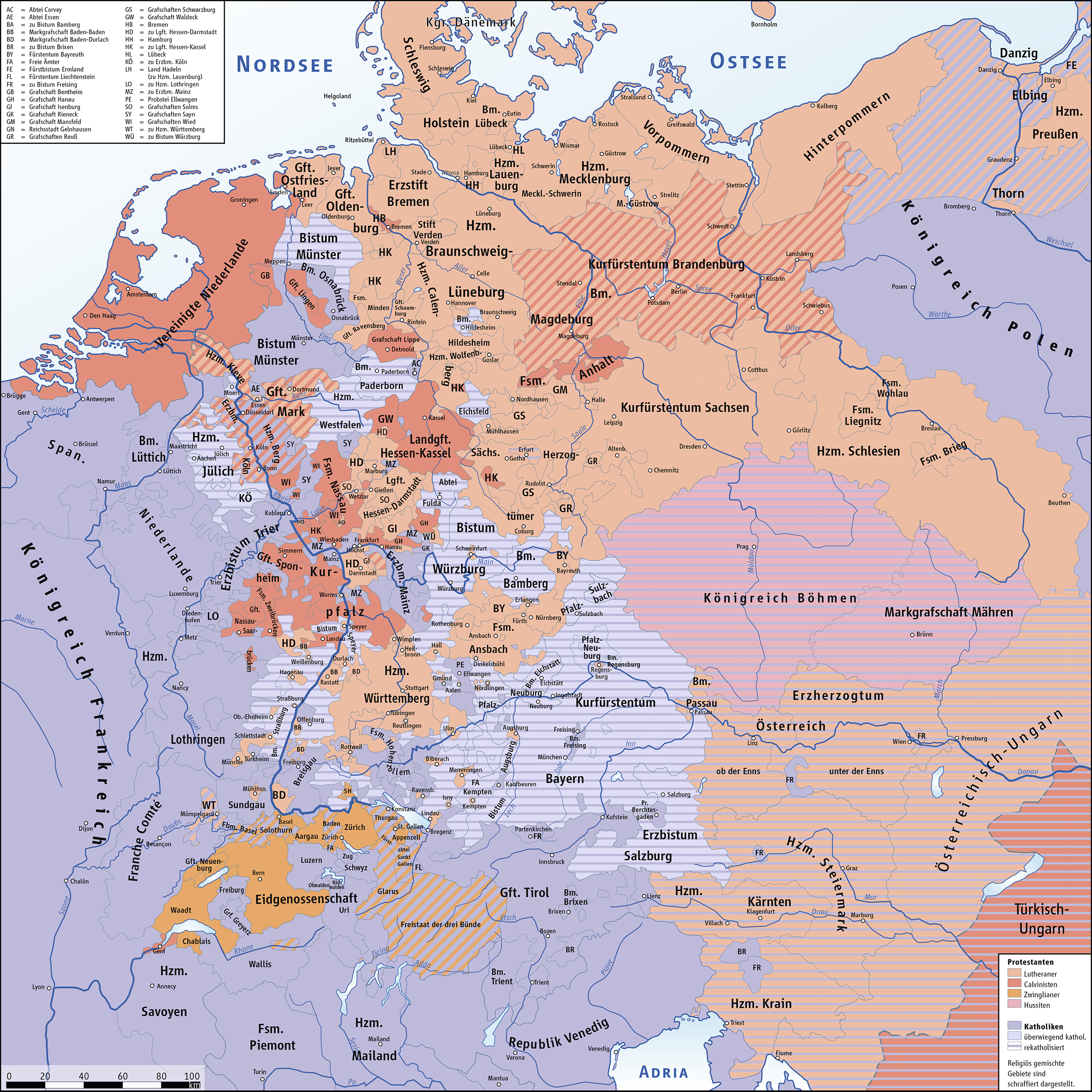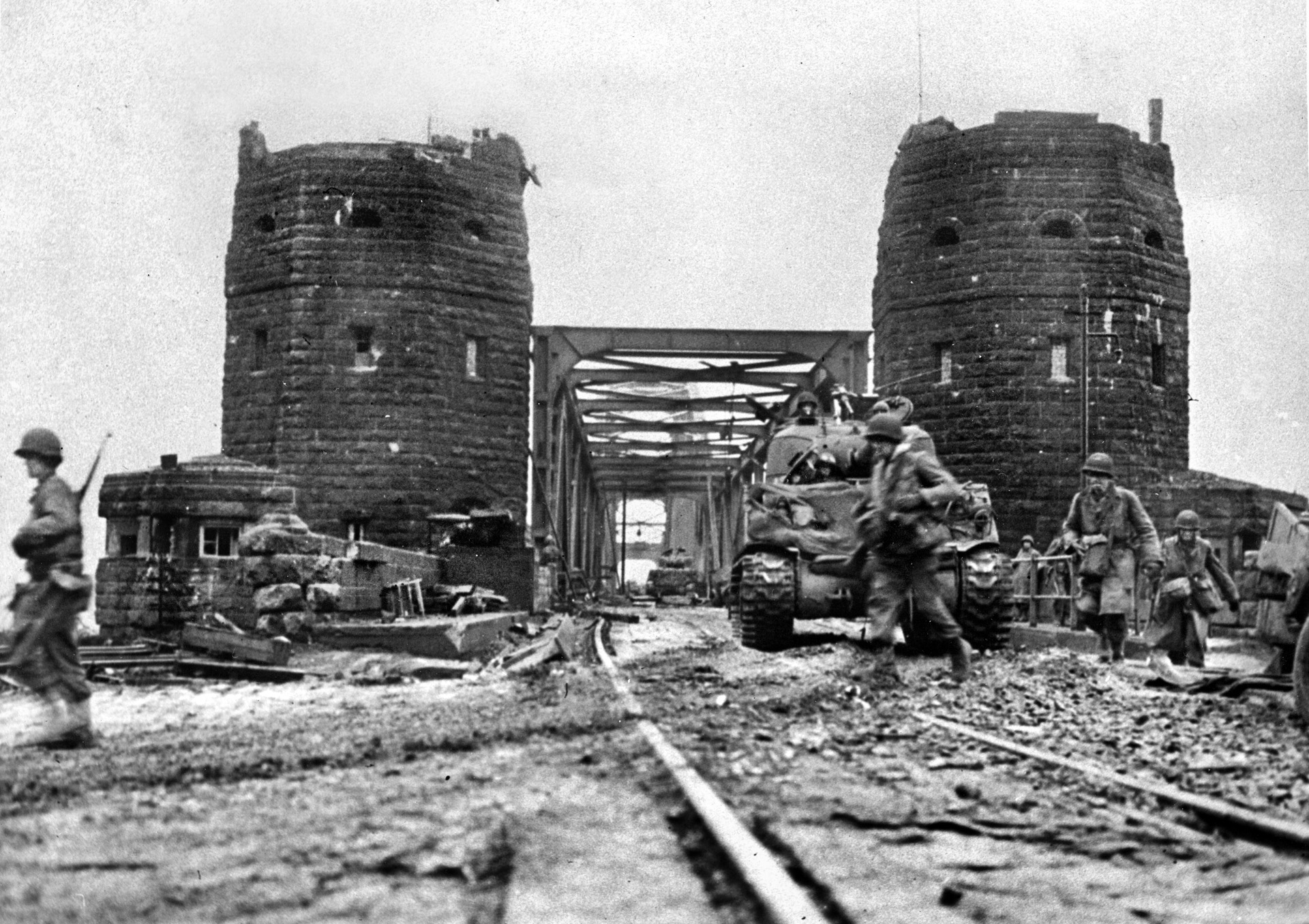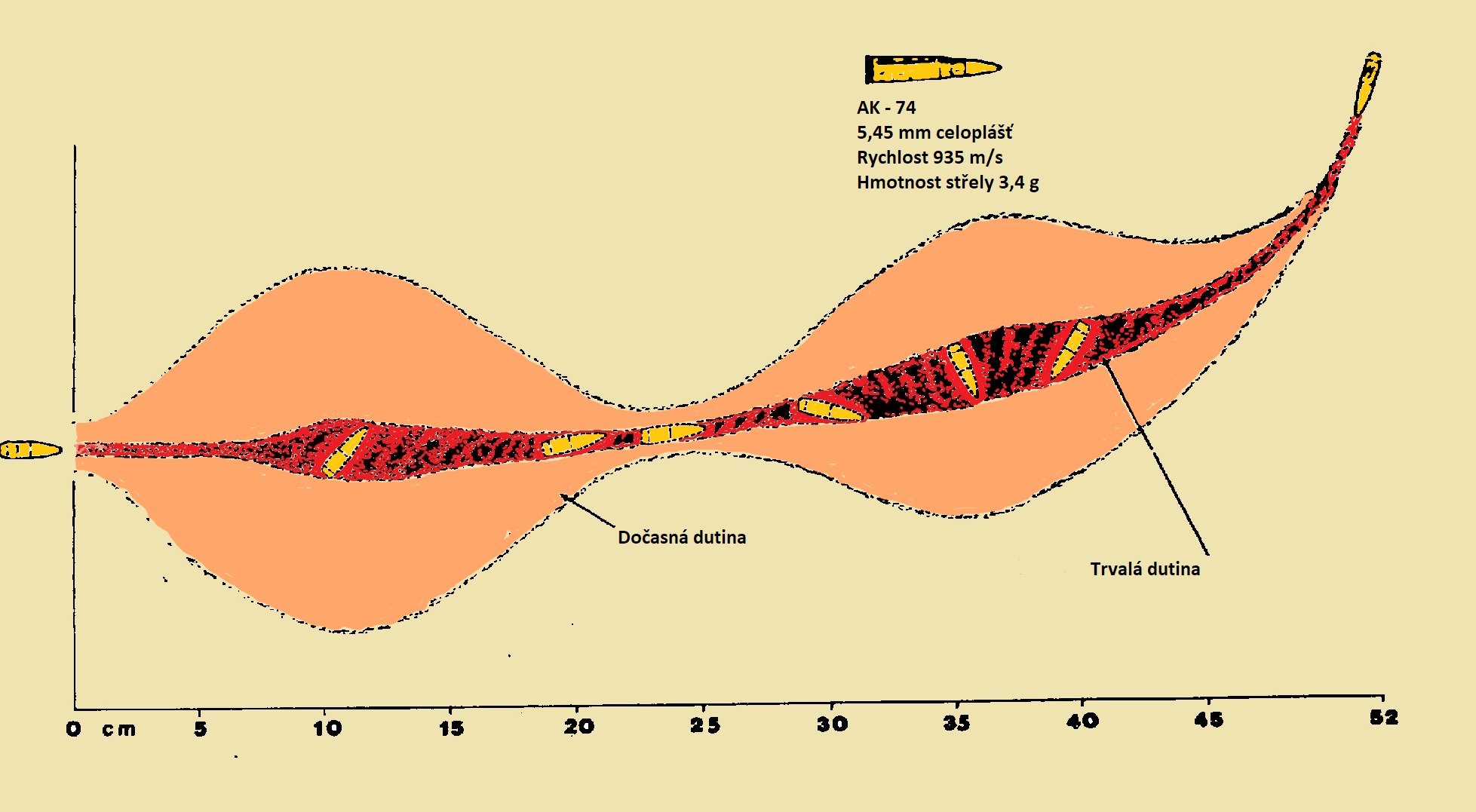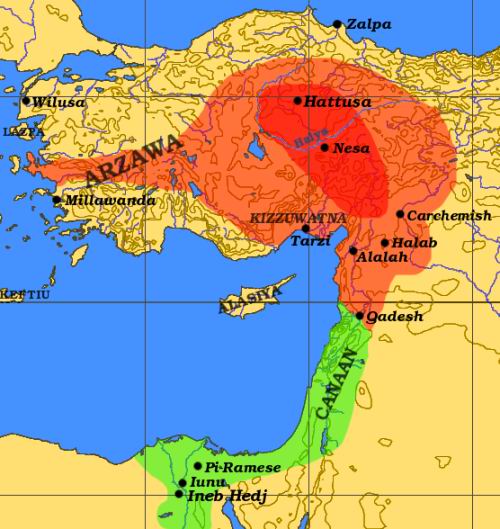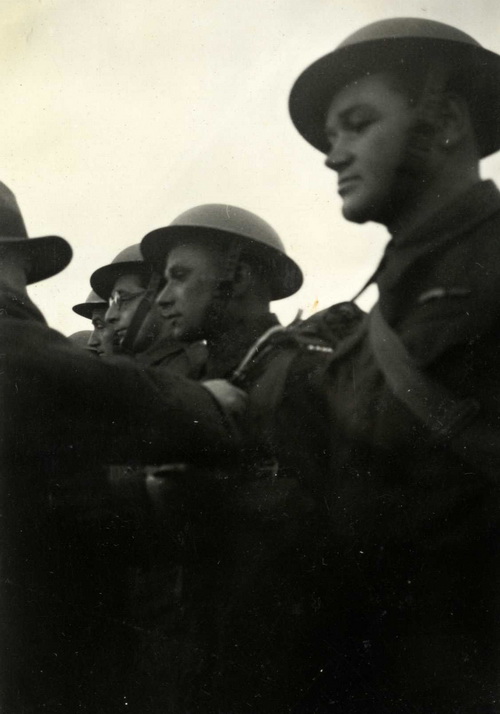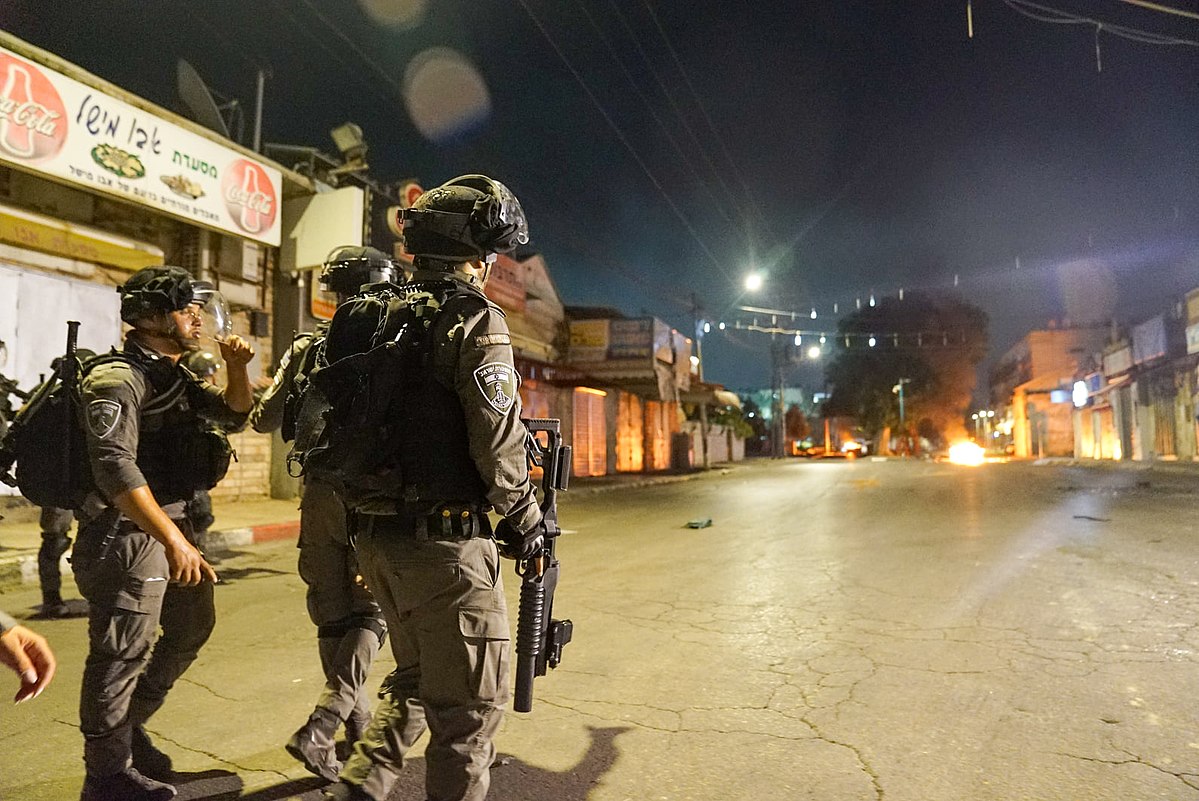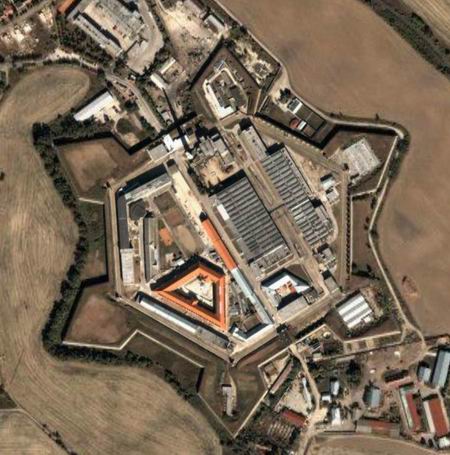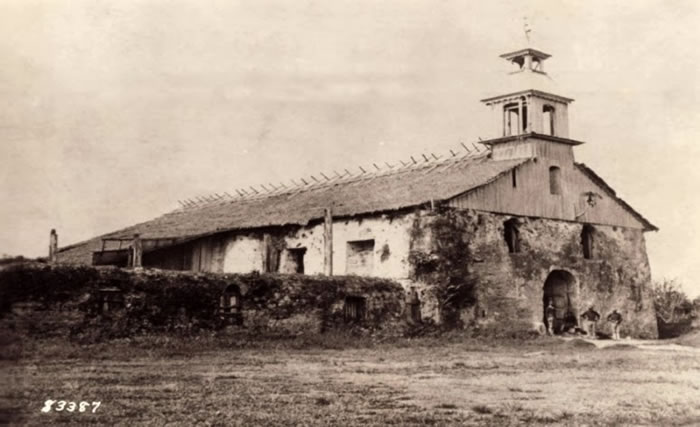
52 brave ones from the Philippines
The Story of the 52 Brave Defenders of the Philippines or also known as the Last of the Philippines is the story of the heroic defenders of the last remnant of Spain in the Philippines. Soldiers of the 2nd Expeditionary Hunting Battalion's Detachment 337 days the last piece of overseas Spain unaware that the administration of the country had long since passed to someone else.
They were fulfilling their oath and were the last unit operating overseas in a once glorious empire on which the sun never set. Almost a year of sacrifice and hardship which ultimately did nothing to change the fact that the overseas colonies were lost and a new emerging world player had taken over.

